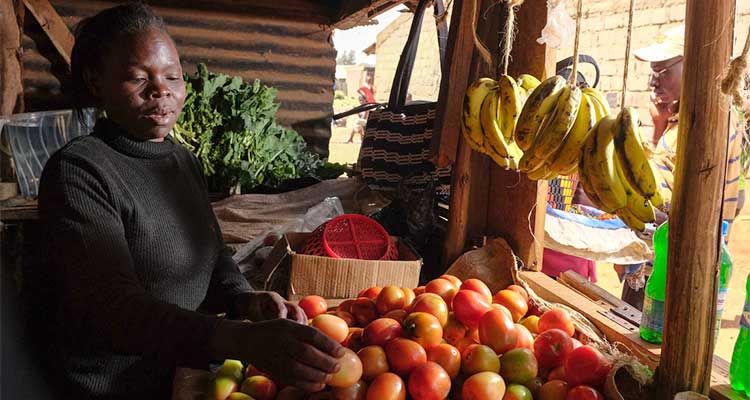Policy-area Archive
Filtering options
Filtered stories. Filter: Gender-Just Economies
Next week, from January 19-23, world leaders – including Canadian Prime Minister Mark Carney – influential executives, and civil society will descend on Davos, Switzerland for the annual World Economic…
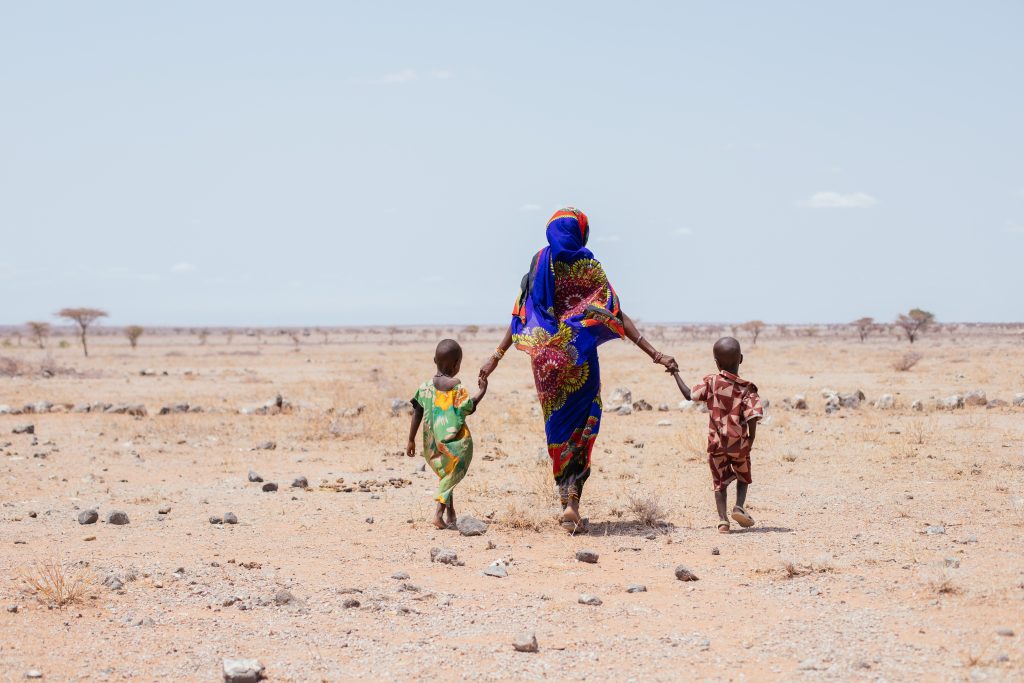
Oxfam Canada just launched a new project called Go-Rice, which aims to help Vietnam, one of the world’s top rice producers, reduce the environmental footprint of rice production while advancing…
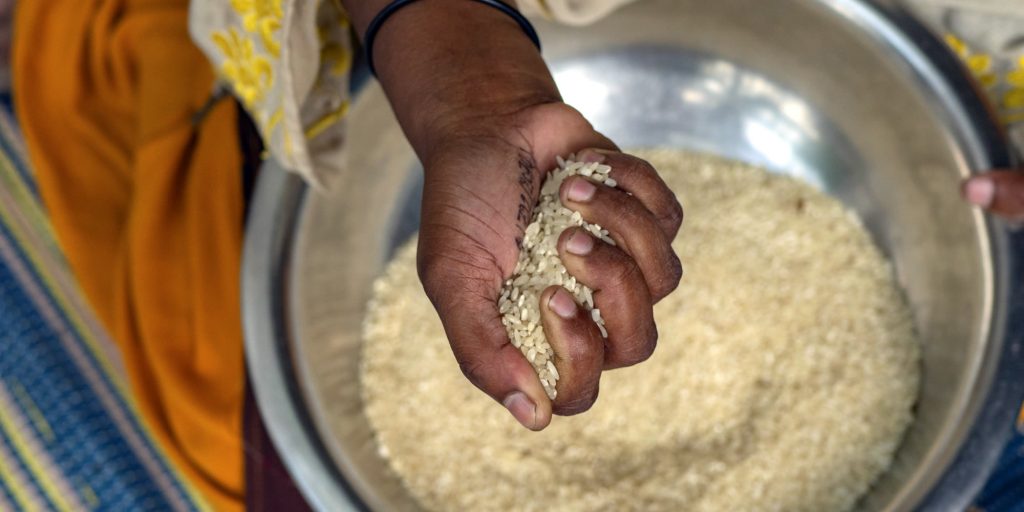
Every day, millions of women cook, clean, and care for others-without being paid, recognised, or counted in official economic growth statistics. Imagine if all of that care work stopped. What…
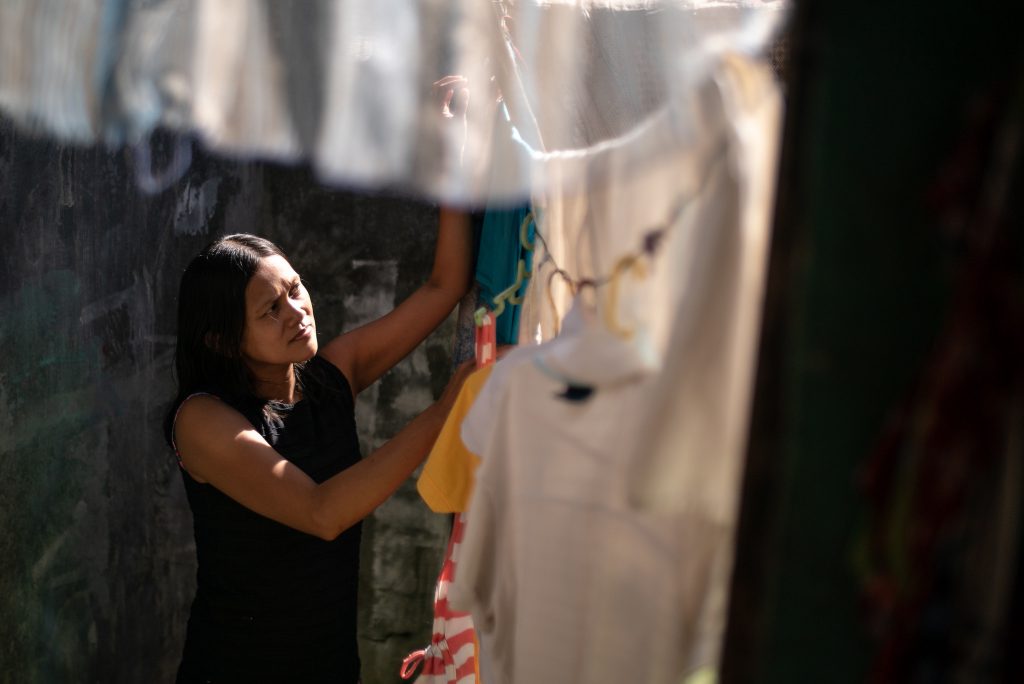
Wealth inequality is not just a statistic, it’s a daily reality for billions of people struggling to survive while watching the super-rich exploit people and planet for their profits. Oxfam’s…
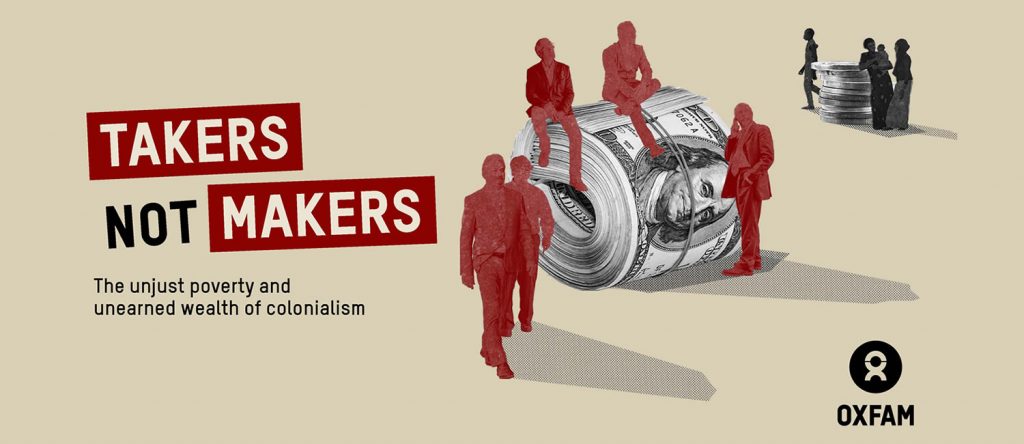
Amitabh Behar is Oxfam International’s Interim Executive Director. With more than 27 years of experience as a civil society leader, Amitabh is widely recognized for his advocacy work on social…
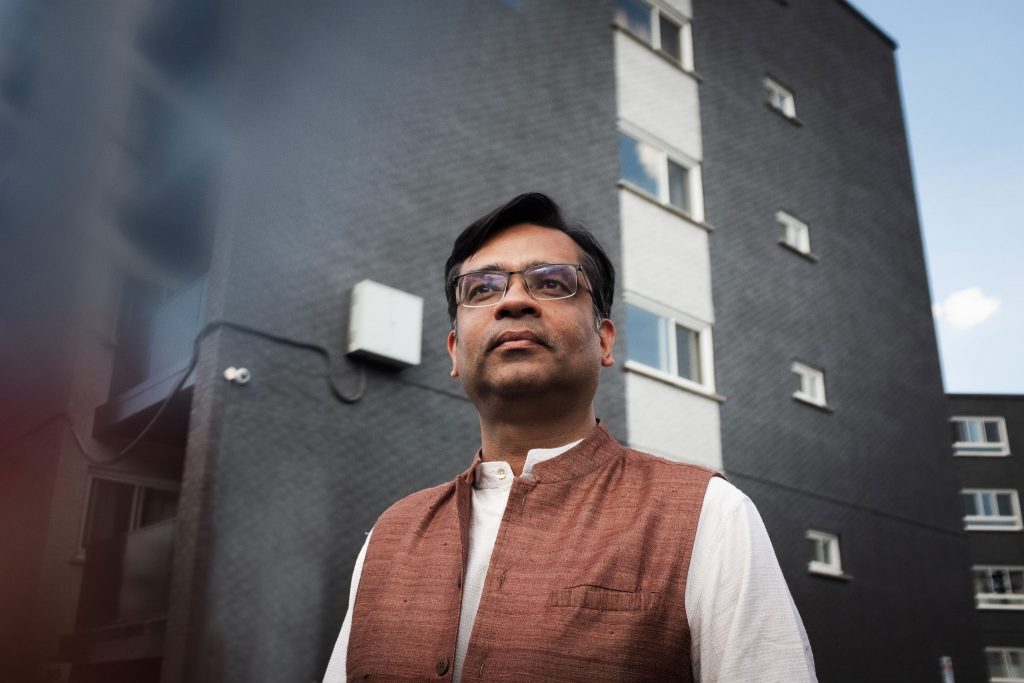
Oxfam Canada welcomes the announcement today in Budget 2024 of $350 million over two years for international humanitarian assistance. In a world of increasing conflicts and crises, Canada’s life-saving assistance…
This year’s scorecard reveals a government that is still making strides on realizing feminist public policy in many areas but also falling short in serious ways. Five out of twelve…
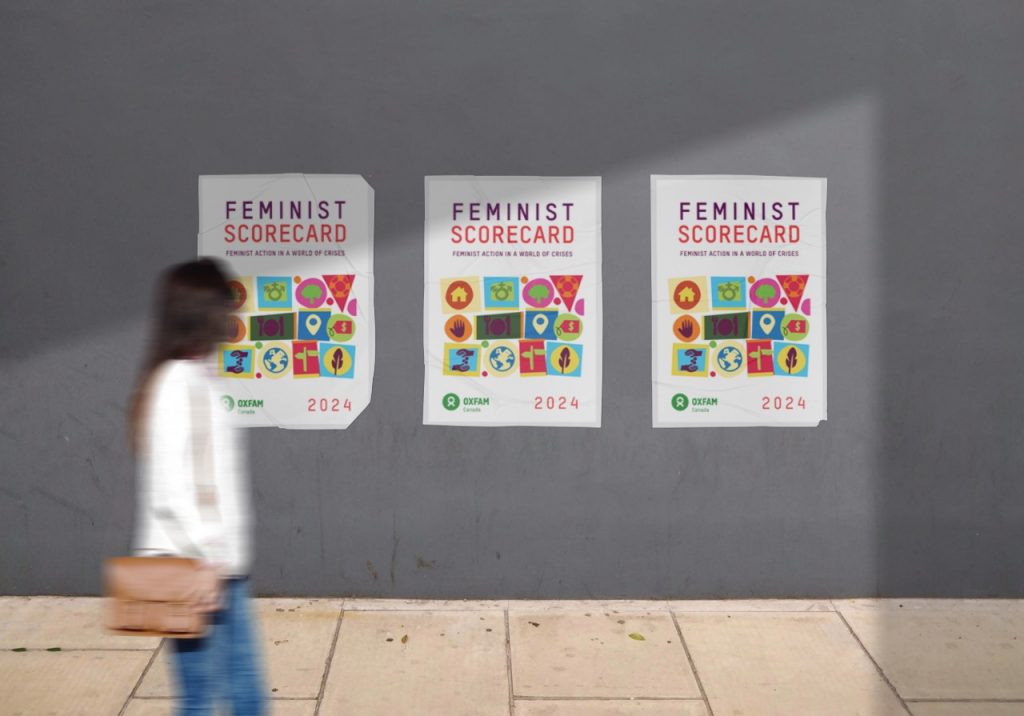
At Oxfam, we put women’s rights at the center of everything we do, because when women’s rights are respected, women are healthier, better educated and better paid. Children, communities, organizations…
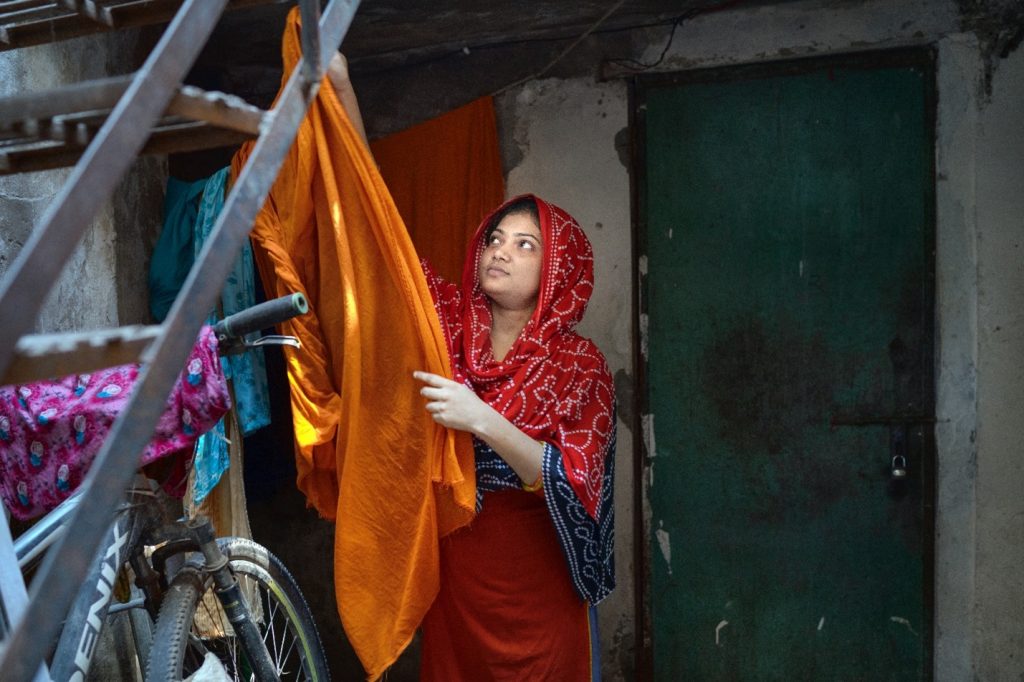
January 15, 2024 (Ottawa) — Oxfam today released their Inequality Inc. report showing that people worldwide are working harder and longer hours, often for poverty wages in precarious and unsafe jobs. The…
Voices from the Crisis in the Occupied Palestinian Territory and Israel Hear from Oxfam staff currently sheltering from ongoing airstrikes in the Gaza strip. by Caroline Leal | October 13,…

No Way Out of Poverty A living wage is a fundamental human right. For Rya and thousands of female garment workers in Cambodia, it’s a fight. by Caroline Leal |…
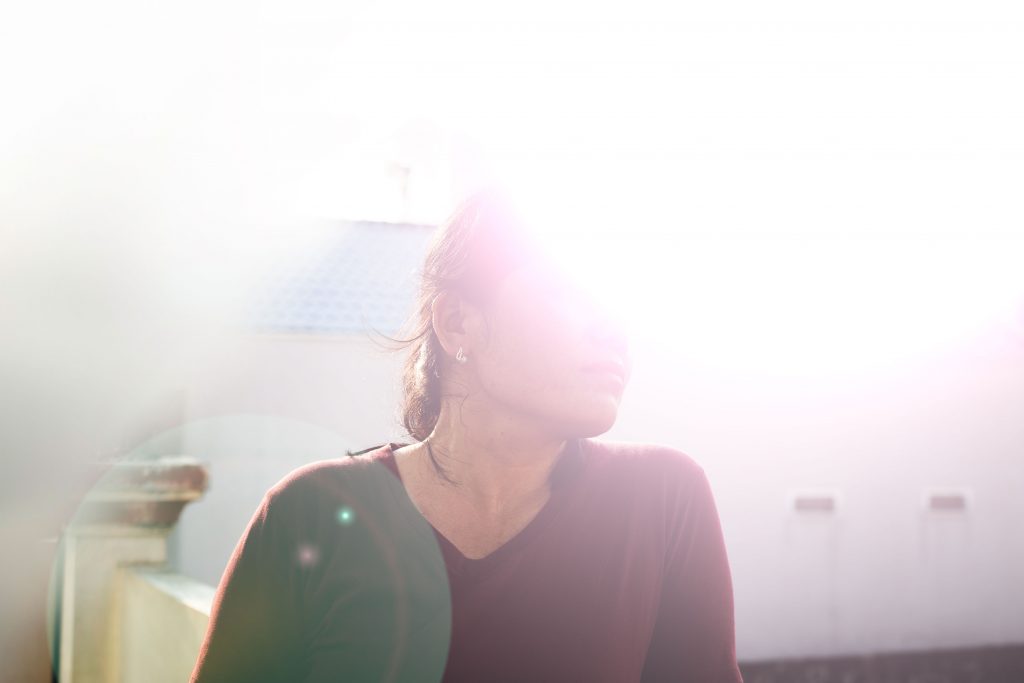
Decades of underfunded care services, inadequate compensation for care workers, and an unequal distribution of care responsibilities have left communities across the country with little to lean on when it…
Workers on average worked six days “for free” last year because their wages lagged behind inflation — while real pay for top executives jumped nine per cent (16 per cent…
Their US visas in hand, Salma and Mukta, were making their way to their flight from Bangladesh to New York when they were told their trip was over. The pair,…
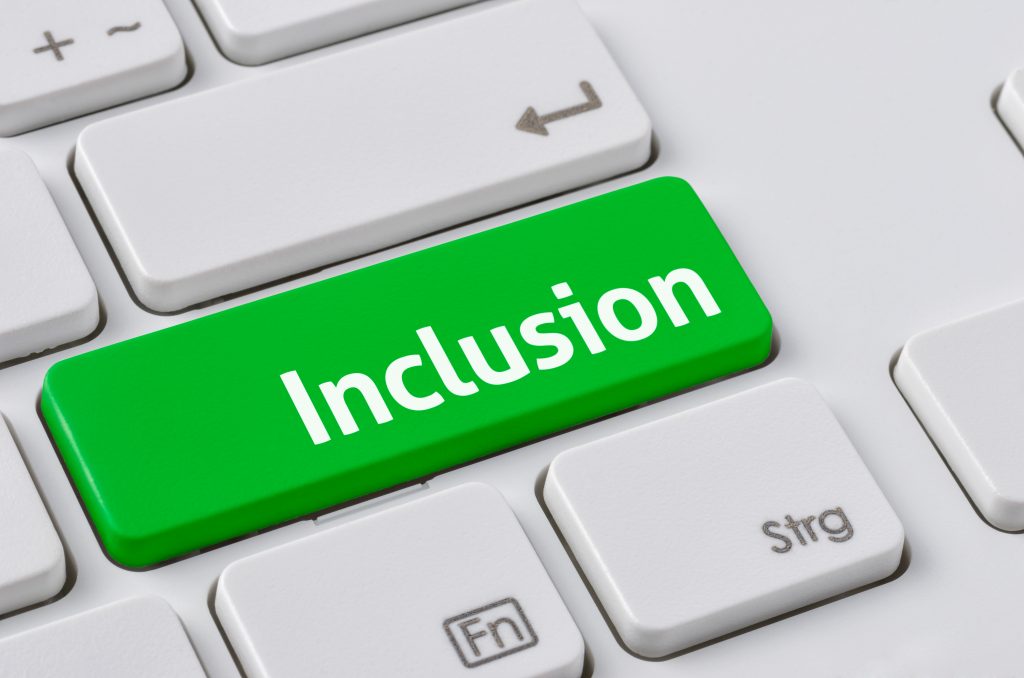
Major Canadian fashion brands – like lululemon, Joe Fresh, Aritzia, Herschel Supply Co and Roots – all need to pay living wages to the women who make our clothes. As…
Five reasons we need a law that requires Canadian fashion brands to end human rights abuses in garment factories abroad.
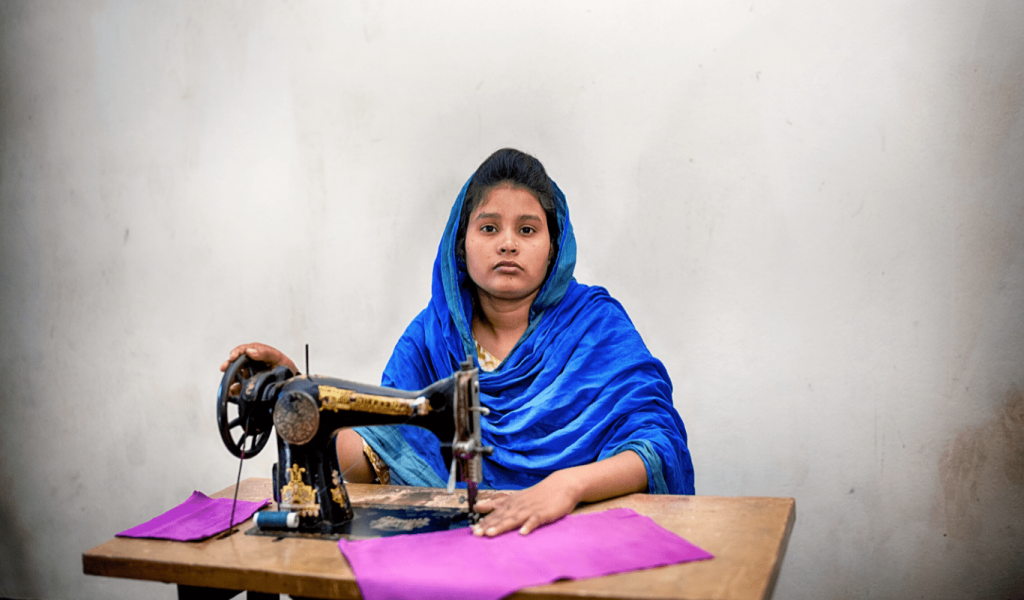
Op-ed: Why the government should adopt legislation to ensure Canadian companies respect human rights and the environment abroad.
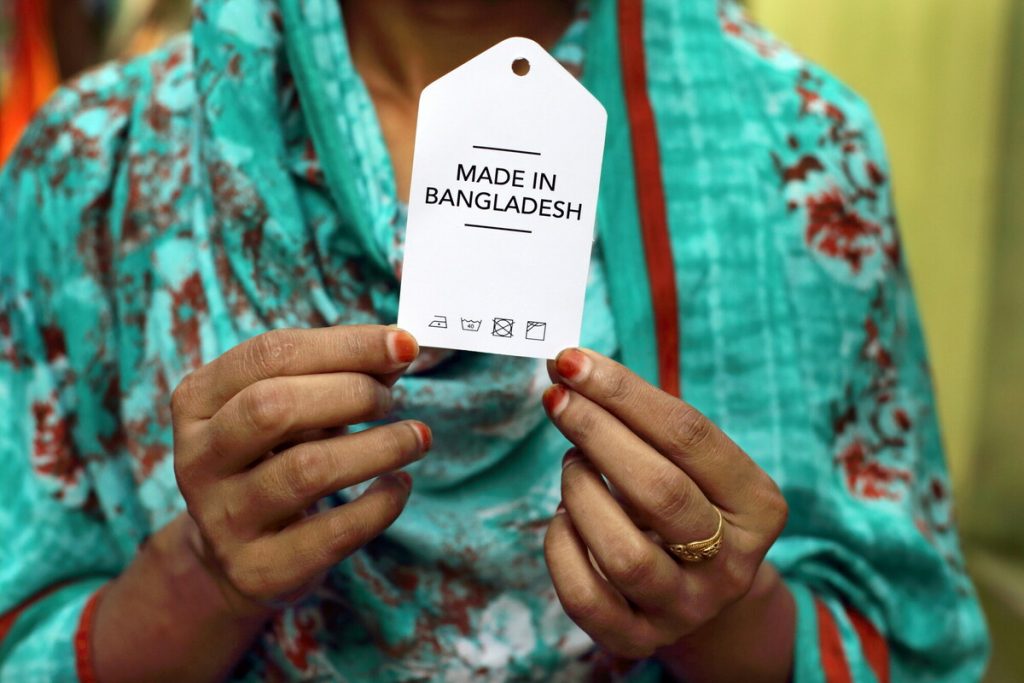
Thanks to a contribution of $7.9 million from the Government of Canada and close to $400,000 from Oxfam Canada, more than 20,000 crisis-affected women and adolescent girls in Myanmar will…
Do you know where your clothes come from? Learn how Aritzia, Herschel Supply Co., Joe Fresh, lululemon and Roots stack up in terms of supply chain transparency.
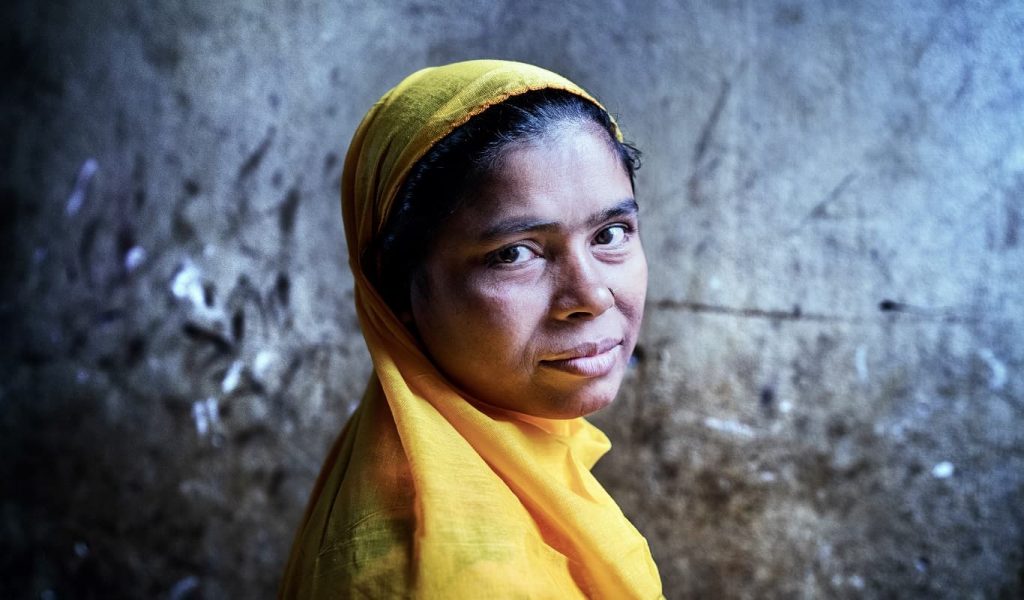
Oxfam celebrates Pride Month to express gratitude to our LGBTQI+ partner organizations and activists for contributing to social progress, human rights and equality.
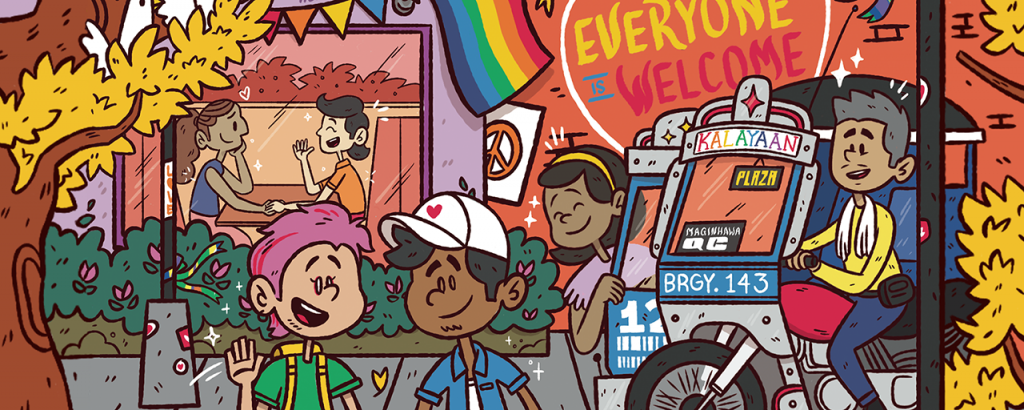
The threat of the far-right extremism is growing in Canada. Ideas and rhetoric that were once seen as the outliers of society have been normalized through a series of events…
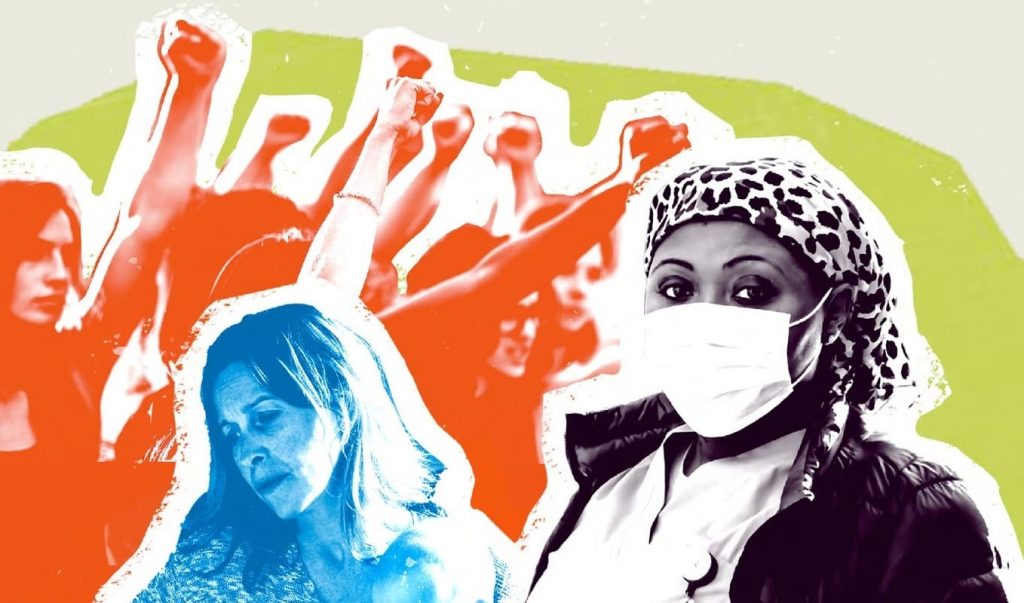
Most fashion brands don't publicly disclose where their clothes are made, and when they do, the information is incomplete or too vague. It's time to change that.
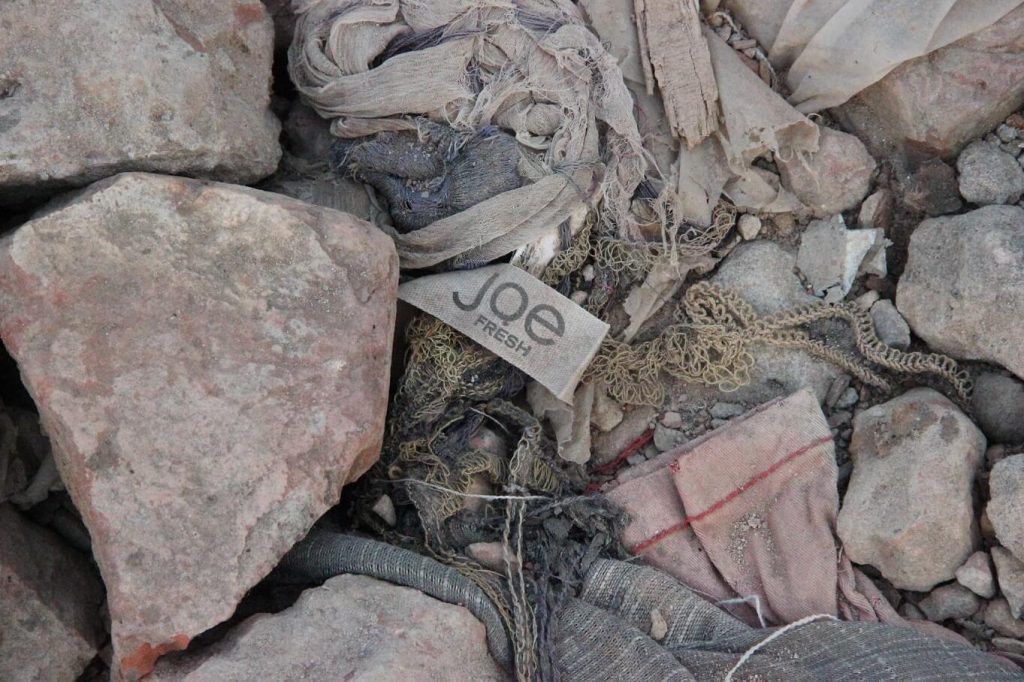
Karen Sander, the Chair of the Board of Oxfam Canada, traveled to Bangladesh with senior and program staff from Oxfam. This is her story.
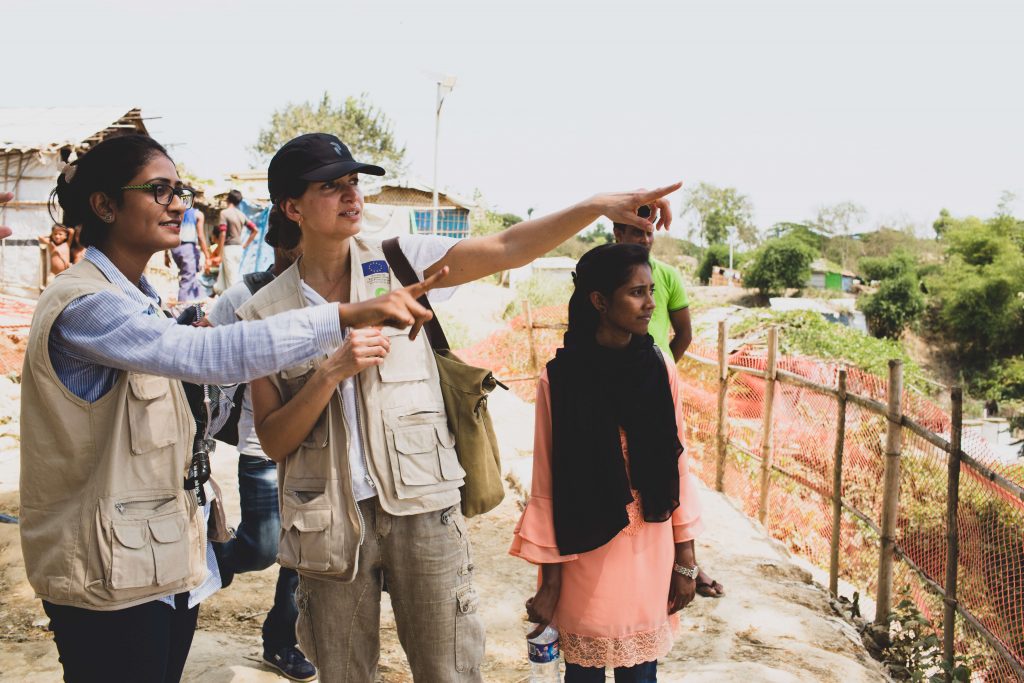
Learn more about how our brand tracker scores these five Canadian companies on their commitment to a living wage.
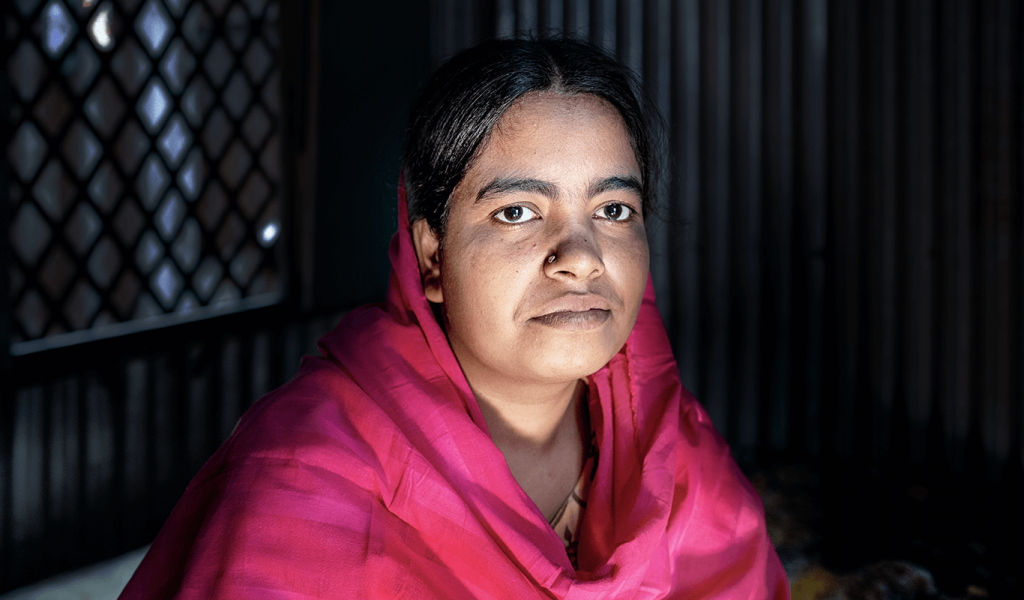
Generation Equality Forum: A blueprint for gender equality “Human rights are women’s rights and women’s rights are human rights” – a key refrain from the Fourth United Nations World Conference…
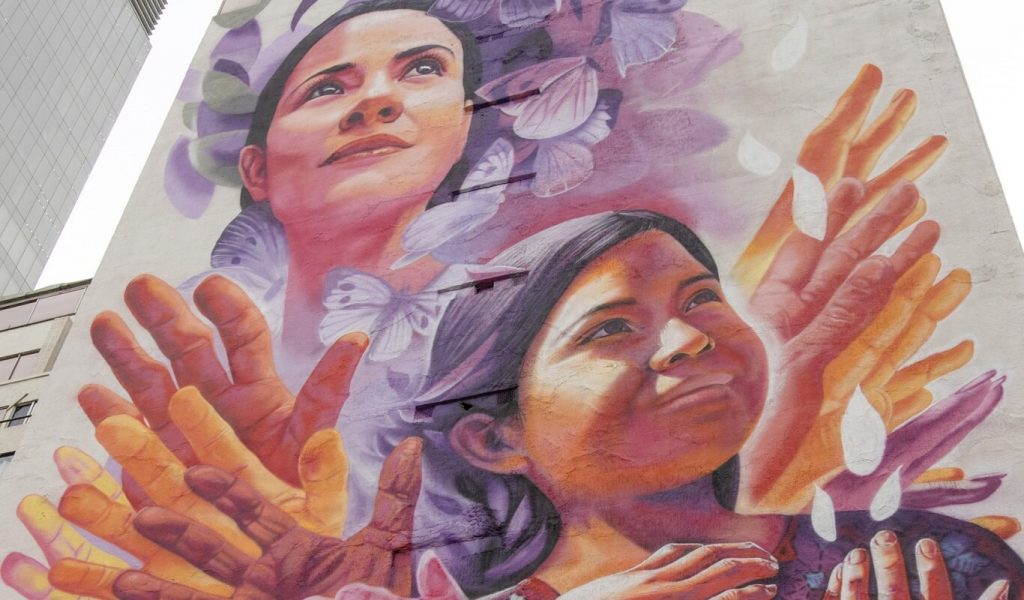
Building a safer, fairer and sustainable recovery for garment sector workers.
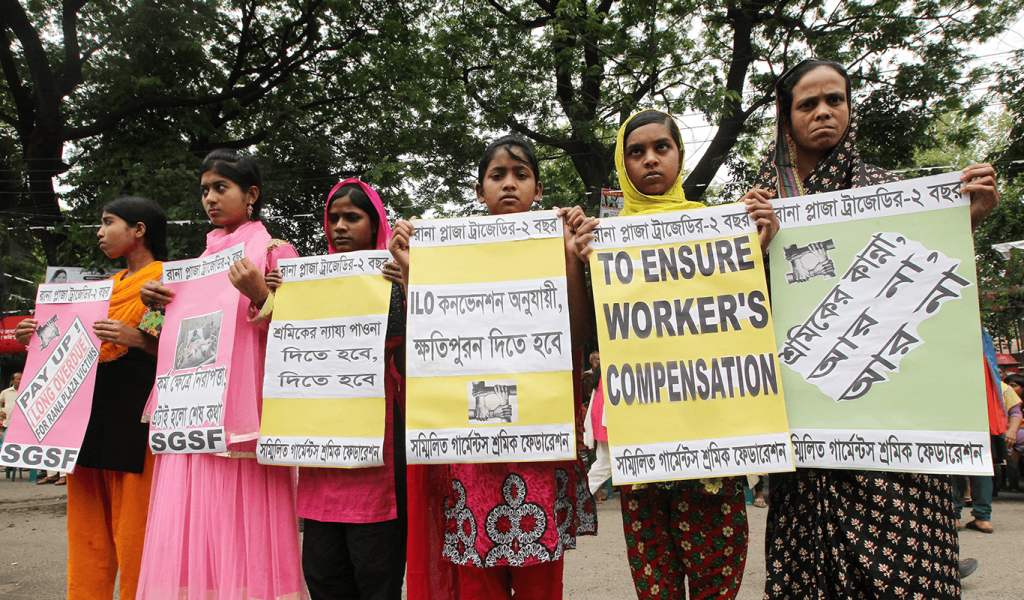
Reframing care as a social good, offers us a powerful tool in the struggle to get unpaid care work valued. Let’s make our words count.
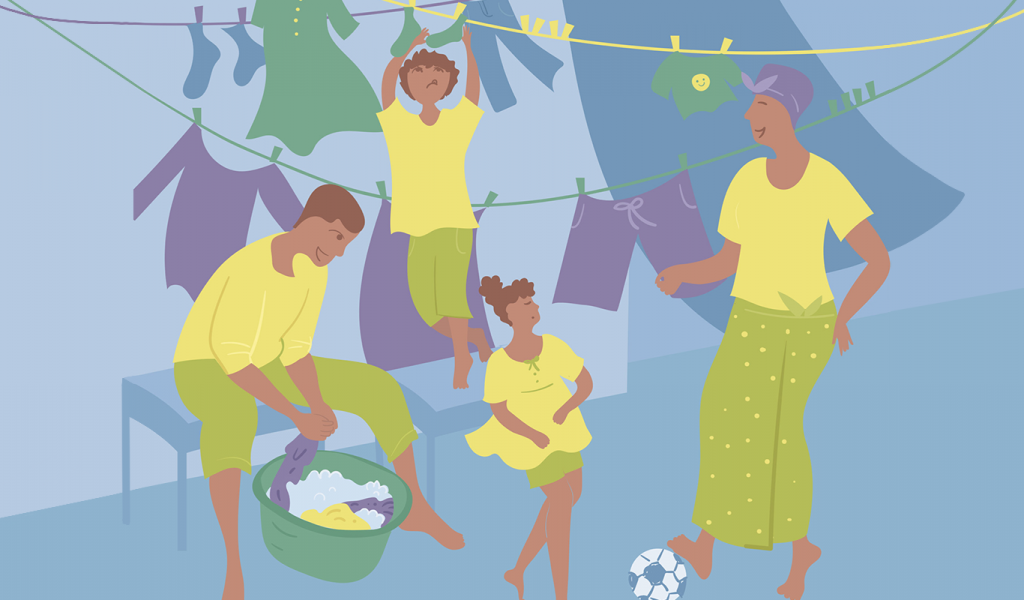
Oxfam continues its work to assist families surviving a decade of war in Syria, but every day in Syria is a struggle to survive.
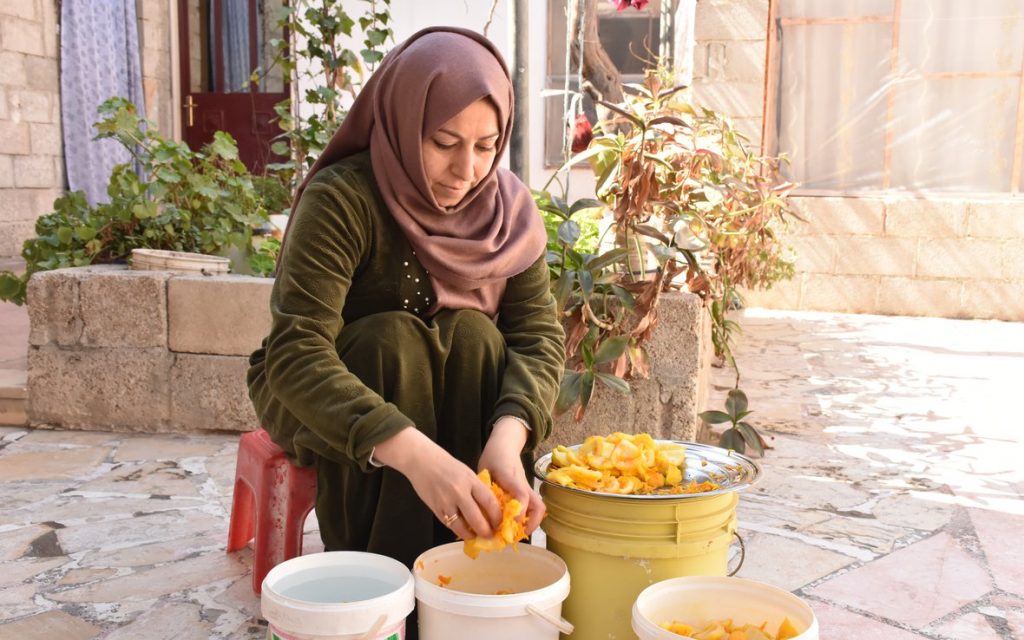
International Women’s Day is a time when we stand up and stand together for women’s rights around the world.

Centering the voices of women in all of their diversity will ensure Canada's COVID-19 action plan uplifts the most marginalized.
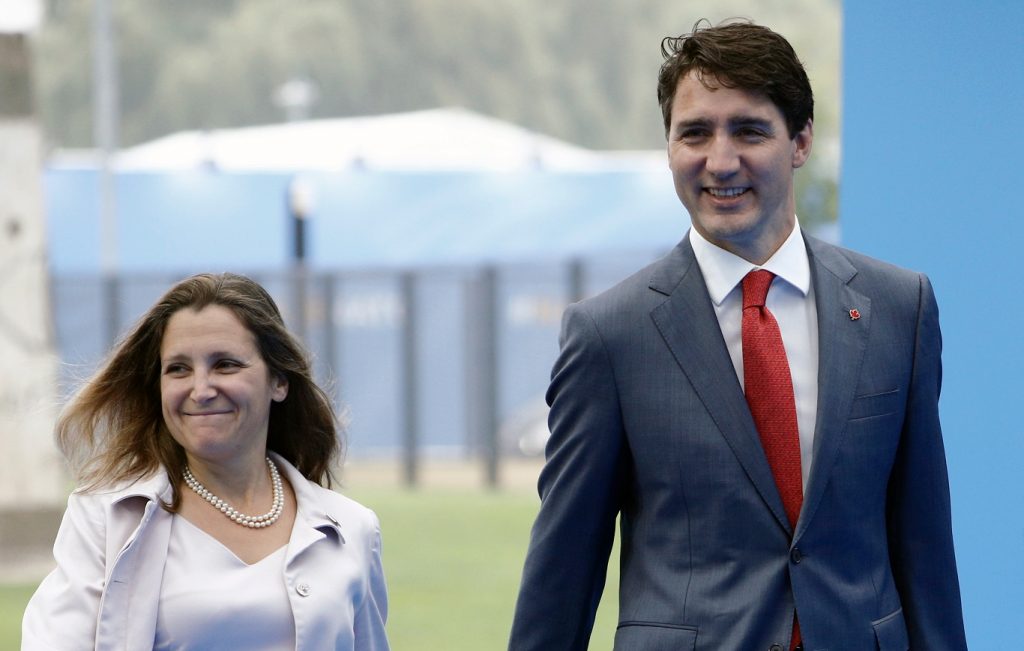
While many communities and countries are still firefighting the COVID-19 crisis, several governments, including here in Canada, have begun outlining their blueprints for our social and economic recovery.
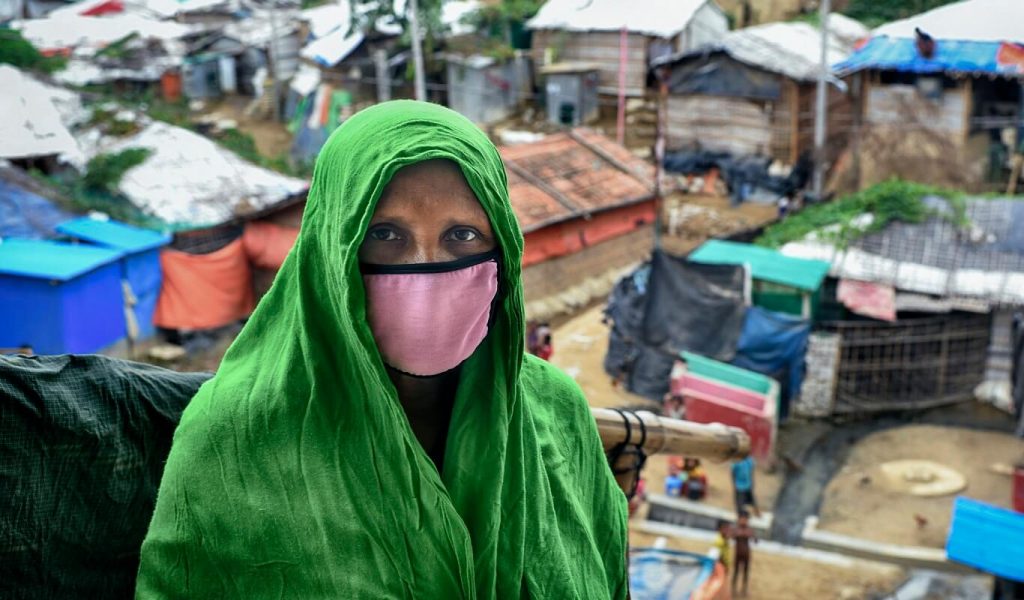
Oxfam Canada, together with 55 women’s rights and feminist organizations, sent a letter to Finance Minister Chrystia Freeland requesting a roundtable on priorities for the next budget.
While many sectors have been scaled down or put on hold, we cannot similarly press ‘pause’ on the life-sustaining carework that is currently holding up our households, communities, care homes…
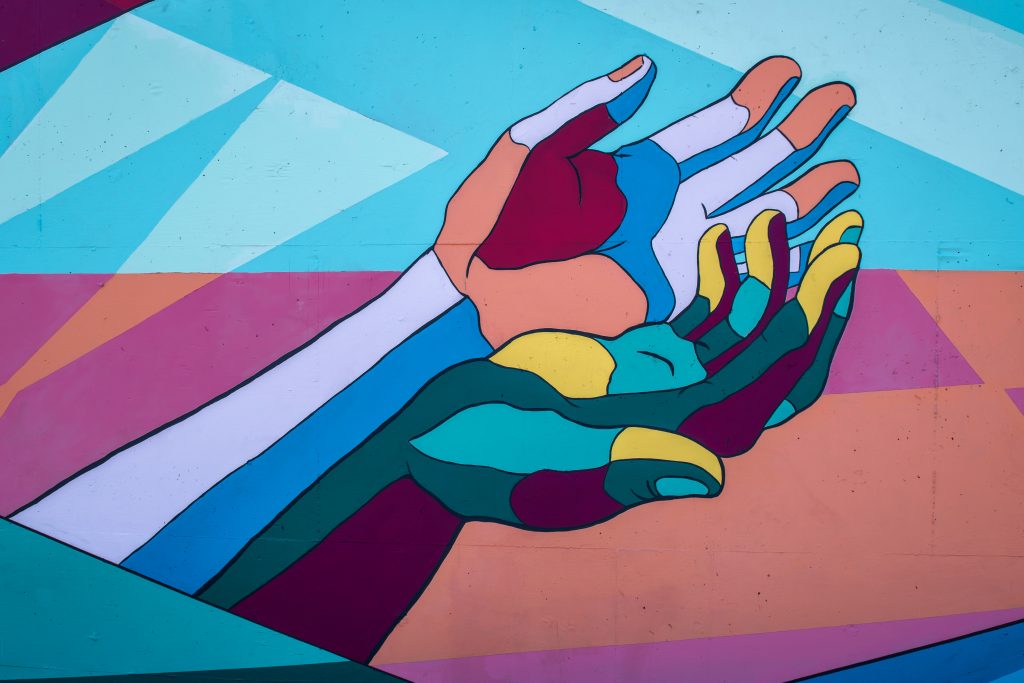
While we are in the midst of the most significant global public health crisis of our lifetime, the veil is being lifted on an economic system that rewards the wealthy…
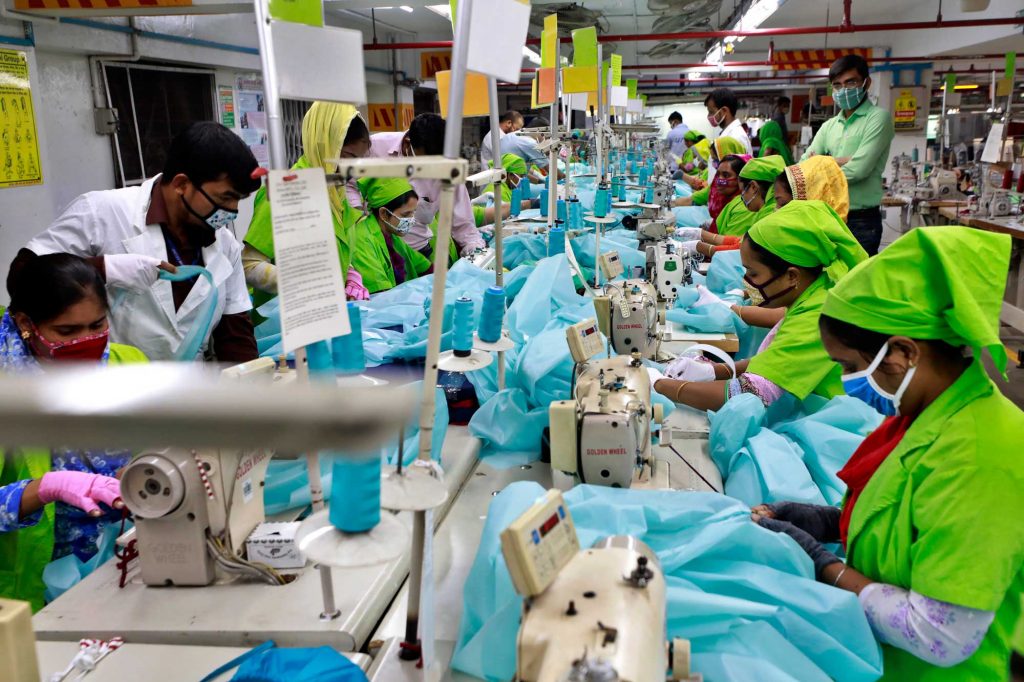
So you want to invest in women and girls. You want to improve lives and tackle deep-seated problems. But will you be tokenistic or transformational?
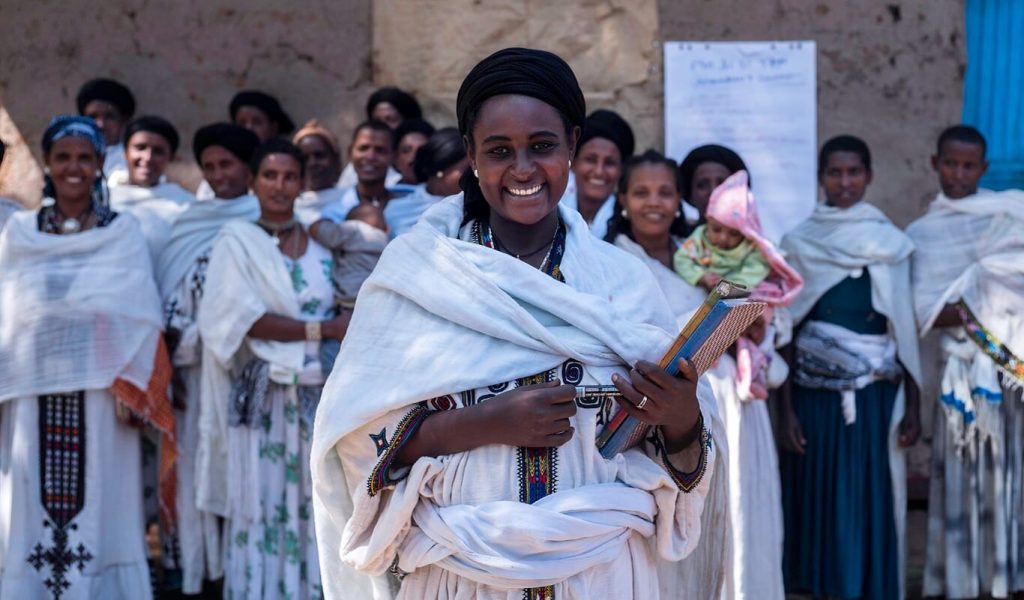
How governments and communities respond to the coronavirus today have the potential to shape our society for years, and potentially generations, to come.
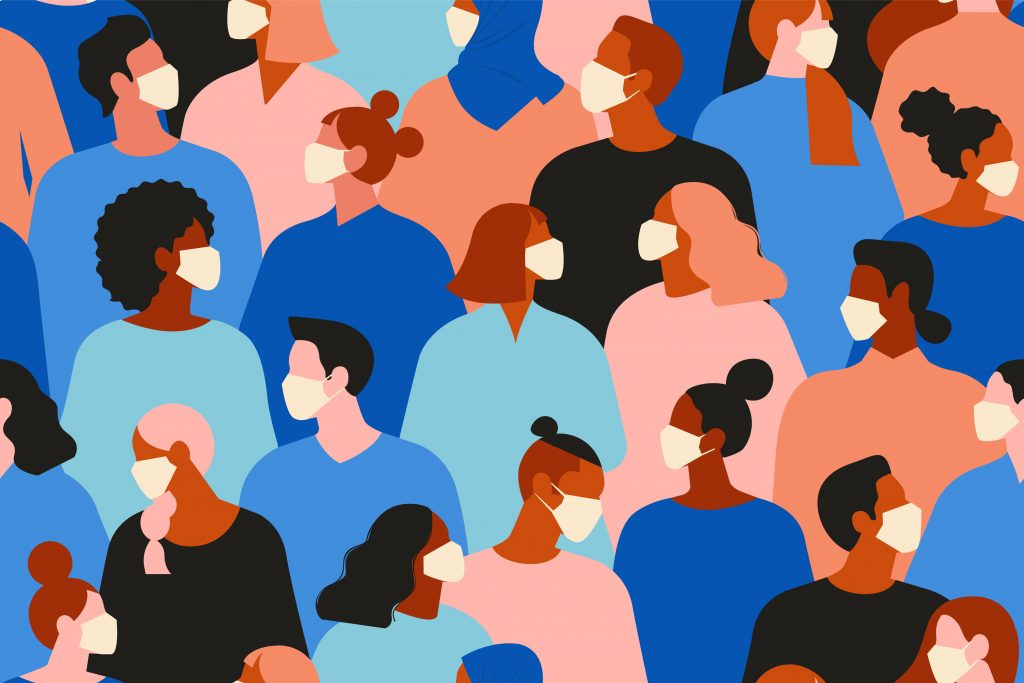
Canada desperately needs to update its approach on corporate accountability. The SNC-Lavalin affair that rocked the Canadian government earlier this year provided a stark picture of how corporate influence operates…
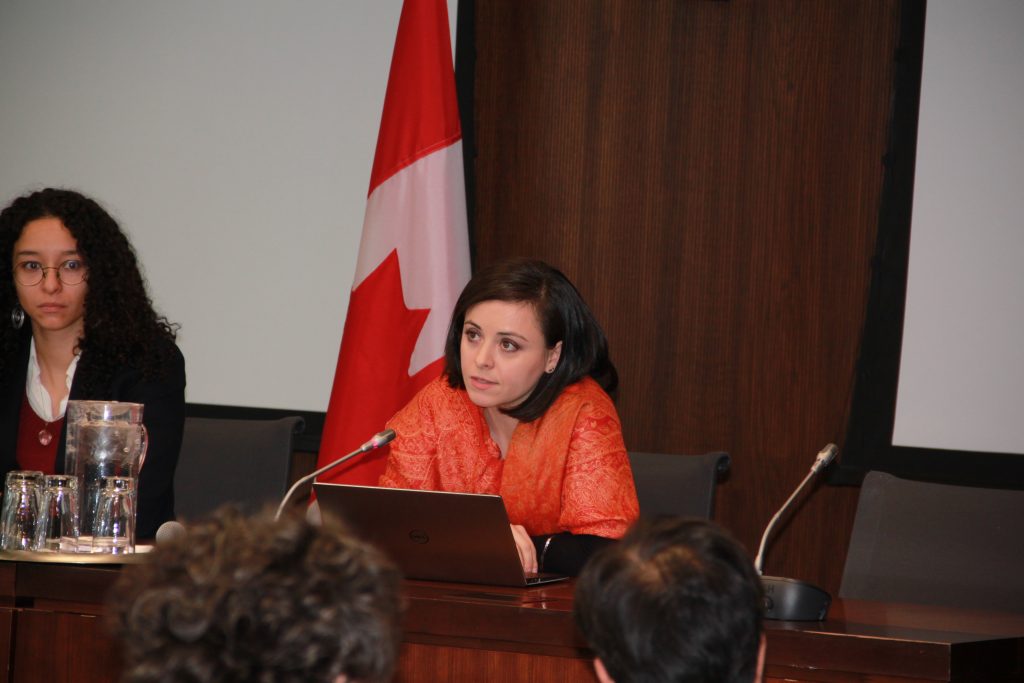
As Oxfam works to end women’s economic inequality, transforming the mining, oil and gas industries is an enormous challenge – and also a big opportunity.

Written by Winnie Byanyima, Executive Director, Oxfam International. These are restless, exciting, and frightening times to be a woman. Every day brings with it a rousing success or a crushing…
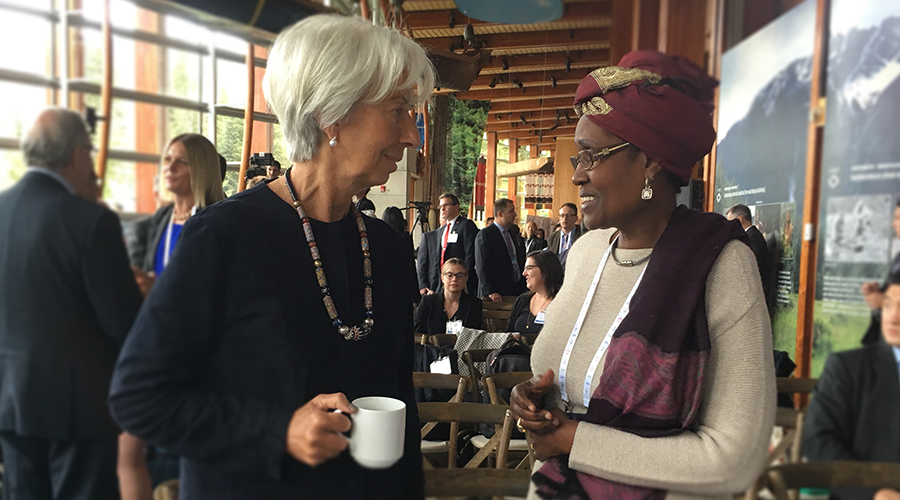
Understanding gender is about seeing the economy as a gendered structure, containing norms and assumptions about roles, responsibilities and behaviours.
